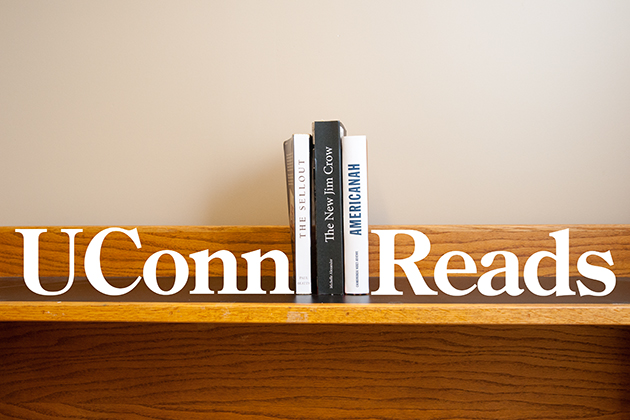
On August 15, 2015, Julian Bond – aged seventy-five – passed away. Bond was a tireless equality activist and inspiring civil rights figure whose work encompassed five decades and multiple causes.
A founder of the Student Nonviolent Coordinating Committee (SNCC), former chairman of the National Association for the Advancement of Colored People (NAACP), the first president of the Southern Poverty Law Center, and a founding leader of the Student Nonviolent Coordinating Committee (SNCC), Bond devoted his life to dismantling discrimination. He was most recently a vocal proponent for marriage equality and an ardent environmental justice advocate.
Two years ago, Bond reflected on the fiftieth anniversary of the “March on Washington for Jobs and Freedom.” More than 250,000 Americans – including Bond — participated in the march, which took place on August 28, 1963 and is remembered by most as the backdrop for Martin Luther King Jr.’s oft-quoted “I Have a Dream” speech. As Bond noted:
“Then, we could not have imagined we’d be here 50 years later with a black president and a black attorney general. But that’s a measure of how far we have come… But still we march. We march because Trayvon Martin has joined Emmett Till in the pantheon of young black martyrs. We march because the United States Supreme Court has eviscerated the Voting Rights Act for which we fought and died. We march because every economic indicator shows gaping white-black disparities. We march for freedom from white supremacy. But still we have work to do….”
Bond’s Janus-faced reflection – which considers “how far we have come” while acknowledging we continue to “have work to do” – presciently encapsulates the ever-relevant stakes of this year’s UConn Reads theme, “Race in America.”
As recent events have made painfully clear and dramatically urgent, race and racism remain at the forefront of U.S. politics and American life. In considering the work that persists on this front, one must necessarily acknowledge the legacies of the Civil Rights movement while critically assessing – like Bond – measures of national progress and declarations of colorblindness.
The finalists
Such contemporary appraisals – which take into account civil rights history alongside current events – serve as a consistent through-line for this year’s UConn Reads short list, which is comprised of three acclaimed works, including:
Michelle Alexander’s The New Jim Crow: Mass Incarceration in the Age of Colorblindness (2010); Chimamanda Ngozi Adichie’s Americanah (2013);Paul Beatty’s The Sellout (2015).

The recipient of much acclaim and praise, Alexander’s The New Jim Crow provides, as former NAACP president Benjamin Jealous characterizes, “a timely and original framework for understanding mass incarceration, its roots to Jim Crow, our modern caste system, and what must be done to eliminate it. This book is a call to action.” The work spent 35 weeks on the New York Times Best Seller list in 2012 and reached the top spot on the Washington Post best seller list that same year.

Equally praiseworthy is Adichie’s Americanah, a novel focused on the experiences of a young Nigerian woman (Ifemelu) who originally comes to the United States for schooling and remains in the country for work. As Mike Peed noted in his New York Times review, Americanah “examines blackness in America, Nigeria, and Britain, but it’s also a steady-handed dissection of the universal human experience…” Americanah won the 2013 National Book Critics Circle Award (Fiction), was shortlisted for the 2014 Baileys Women’s Prize for Fiction (in the United Kingdom), and was selected as one of the 10 Best Books of 2013 by the editors of the New York Times Book Review.

Last, but certainly not least, is Beatty’s novel, The Sellout, which reviewer Dwight Garner asserted reads “like the most concussive monologues and interviews of Chris Rock, Richard Pryor, and Dave Chappelle wrapped in a satirical yet surprisingly delicate literary and historical sensibility.” The novel’s African American protagonist – the son of a social scientist father – eventually ends up in the United States Supreme Court because he wants to reinstate slavery and segregate the local middle school.
In the upcoming weeks, the UConn Reads Steering Committee will deliberate and discuss these works, which were nominated by UConn alumni, students, faculty, and staff. Notwithstanding the strengths of each work, the committee is charged with the task of selecting ONE work, which will be announced in early September.
The UConn Reads program was created to bring together the University community – from students, faculty, and staff to alumni and friends of UConn, as well as citizens of Connecticut – for a far-reaching and engaging dialogue centered on a book suggested by the community.


